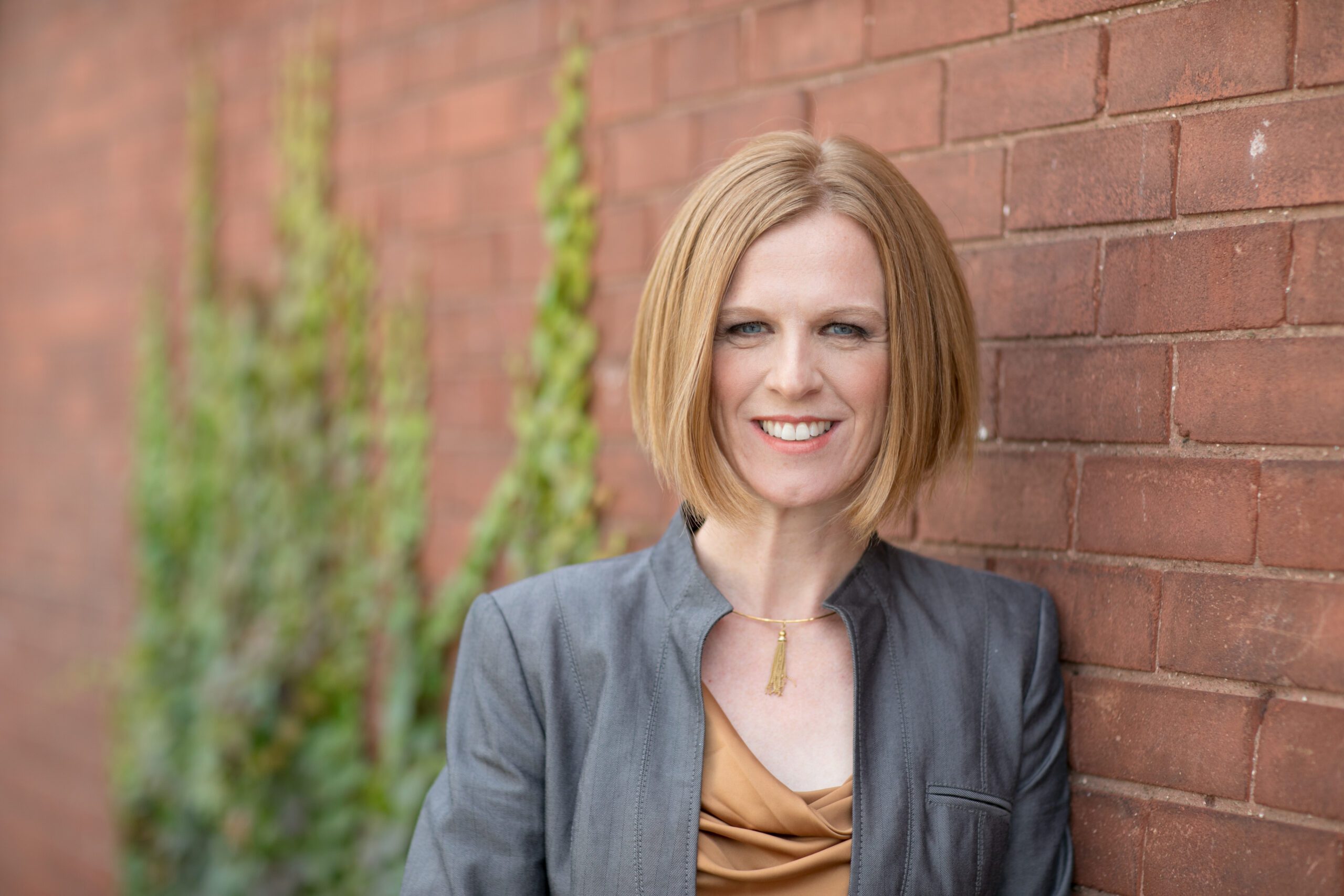I distinctly remember the day I first stumbled upon The Canadian Press Stylebook. I was a student at Queen’s University in Kingston, Ont., and had begun volunteering at the campus newspaper. Sitting on a cluttered desk in the newsroom was a beat-up copy of the CP guide to writing and editing, full of answers to an aspiring journalist’s big questions: when to spell out numbers and when to use numerals, when to capitalize, when to abbreviate. The paper’s editor spotted me poring over its pages. “Ah. I see you’ve found our bible,” he said knowingly. I’ve heard this book referred to as “the bible” of Canadian newsrooms many times since. And word nerds like me tend to treat it as divine revelation. Ask a journalist why they use “Ont.” as a provincial abbreviation instead of “ON,” and they’ll shrug and say, “It’s CP style,” and then quote chapter and verse to prove the point. Case closed.
However, this bible, like the more famous one, was written and compiled by well-meaning but fallible people. Sometimes the stylebook gets it wrong, as it did with its latest edition, published last year. The guide contained an updated section on Indigenous people. But according to Nunatsiaq News, the paragraphs regarding Inuit people were riddled with errors. To their credit, the book’s editors have since publicly apologized, consulted with Inuit leaders and released a corrected version.
With last year’s update, the stylebook also began capitalizing the word “Indigenous” — something The Observer has been doing for more than a decade. We see it as a small gesture of respect and an acknowledgment of a distinct cultural identity and lived experience. In the past couple of years, several major media outlets, including the Toronto Star, Maclean’s magazine and TVOntario, have followed suit, uppercasing “Indigenous” and related words. Similarly, those outlets also announced they would uppercase “Black” when it refers to people, identity, community and culture.
Starting with this issue, we’ve decided to do the same. This month’s cover story, “Wilbur Howard and the white church,” provided a fitting opportunity to make the switch. Uppercasing “Black” puts us at odds with CP style, which advises that journalists should “capitalize the proper names of nationalities, people, races, tribes” but notes that “black and white do not name races and are lowercase.” Some might wonder why we plan to keep “white” lowercase.
On this point, there are important distinctions to be made. The history of slavery robbed many Black North Americans of an ancestral connection to their homelands, thus making “Black” as much a part of their cultural identity as Scottish, English and Irish are to mine. Capitalizing “Black” shows respect and recognizes a shared identity and experience among Black people. Most significantly, Black people have been imploring media outlets to make the change for years. As Lori L. Tharps writes in the New York Times, “Black with a capital B refers to people of the African diaspora. Lowercase black is simply a color.”
Words matter. They’re powerful, and when used to describe groups of people, they bear careful examination. Culture shifts. Language evolves. Conventions and rules eventually change, too. In time, I believe the Canadian Press will make the switch to uppercase B. Until then, you’ll still find me thumbing through “the bible,” respecting its authority but also remembering that, like its uppercase namesake, it’s open to interpretation.
This story first appeared in The Observer’s November 2018 edition with the title “B is for Black.”















